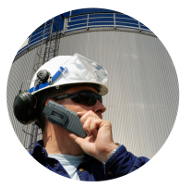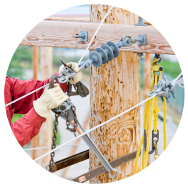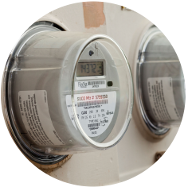Are you wondering what types of jobs are available, and which STEM skills you should focus on to help you join the energy field? Read over the jobs below for a preview of what each role entails, the important STEM skills they are built on, and the path you might take to get from where you are now to an amazing career in energy!
Plant Operator

Typical minimum education required: Some college or vocational training
Plant Technician

Typical minimum education required: Associate’s degree in an energy-related technical field
Operator Mechanic

Typical minimum education required: High school diploma, with some energy-field related experience
Field Engineer

Typical minimum education required: Bachelor’s degree
Lineworker

Typical minimum education required: High school diploma, plus an apprenticeship or other formal technical training
Meter Technician

Typical minimum education required: 2 years of technical school, and some experience with instrumentation
Electrician

Typical minimum education required: High school diploma, followed by some technical education and an apprenticeship
Energy Trader

Typical minimum education required: Bachelor’s degree, along with experience with the energy sector
Energy Analyst

Typical minimum education required: Bachelor’s degree in a field related to math or science
Energy Project Manager

Typical minimum education required: Bachelor’s degree in an energy-related field
ABOUT US
Get Into Energy / Get Into STEM is a ground-breaking program designed to build awareness among students, parents, teachers, guidance counselors, and others about the value of STEM (Science, Technology, Engineering, and Mathematics) education and the excellent career opportunities available in the energy industry.
Get Into Energy / Get Into STEM is managed by the Center for Energy Workforce Development (CEWD), a non-profit consortium of electric, natural gas, and nuclear utilities and their associations.
CONTACT US
Email: staff@cewd.org
Phone: 202-638- 5802
Fax: 202-508- 5030
Address:
CEWD
701 Pennsylvania Ave. N.W.
3rd floor
Washington, DC 20004-2696
© 2024 Center for Energy Workforce Development. All Rights Reserved.
